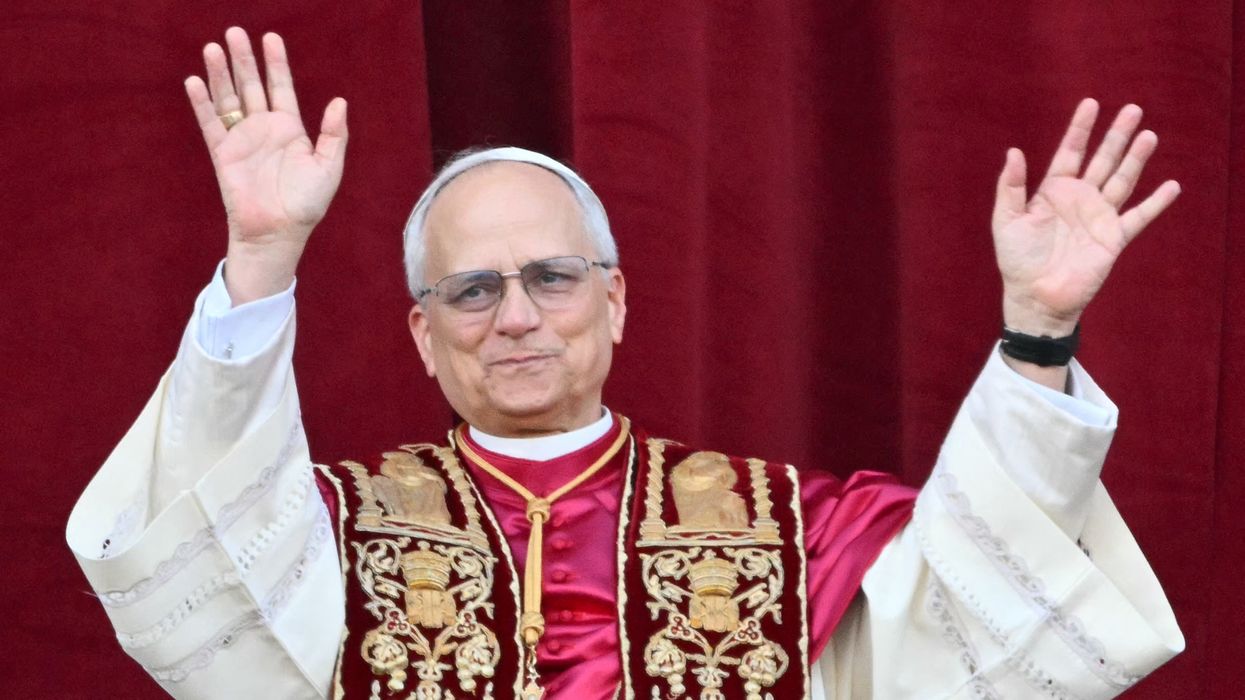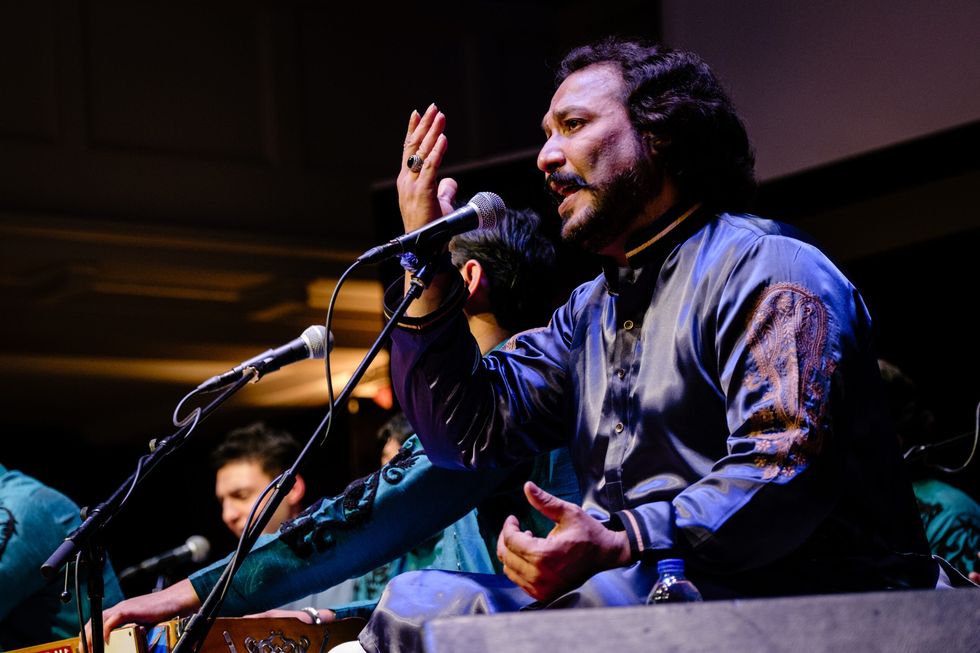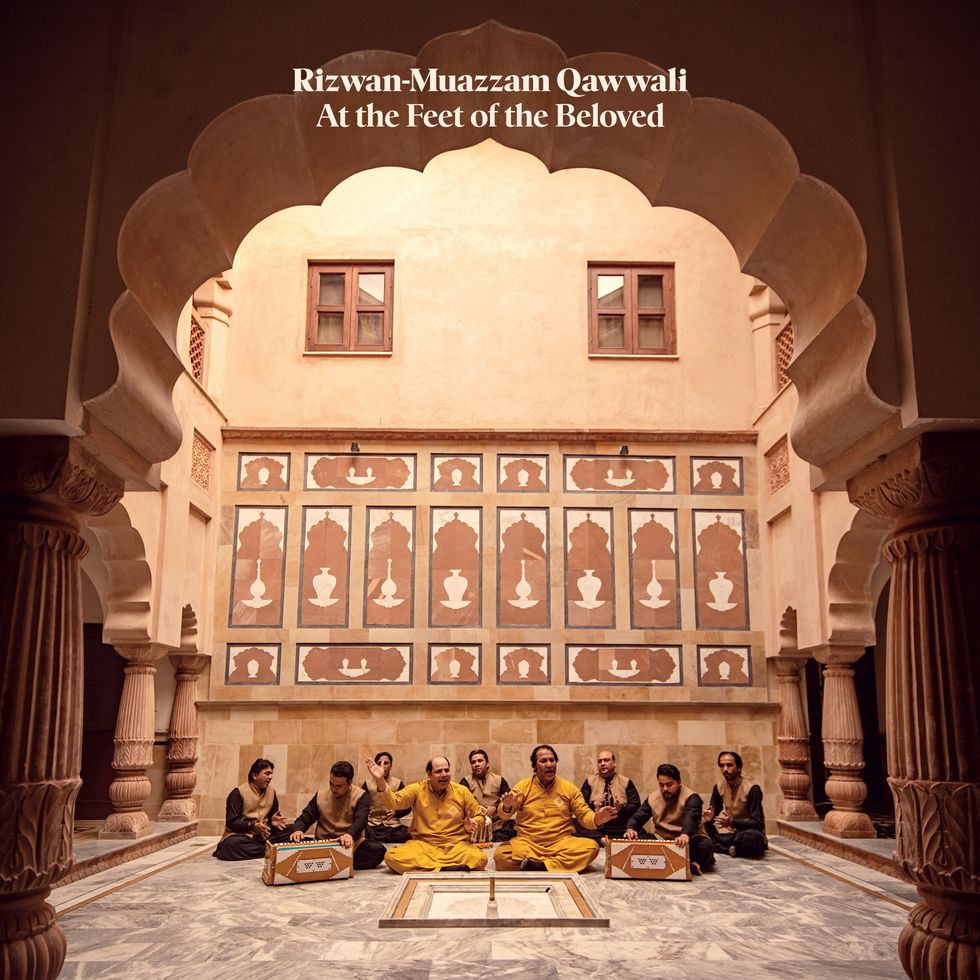In his two-decade-long career, it is going to be the first time when renowned Hindi filmmaker Rakeysh Omprakash Mehra does not direct the film he is producing under his production banner, ROPM Pictures. We are talking about his next offering Fanney Khan, which he co-produced with T-Series and Anil Kapoor Films & Communication Network. Starring Anil Kapoor, Aishwarya Rai Bachchan and Rajkummar Rao in principal cast, the movie is an official remake of Oscar-nominated Belgium film Everybody’s Famous (2000). As Fanney Khan gears up for its theatrical release, our Mumbai correspondent, Mohnish Singh, catches up with Rakeysh Omprakash Mehra and tries to find out more about the film, its casting process and what prompted him to remake it. Excerpts...
As we all know that Fanney Khan is an official remake of Belgium film Everybody’s Famous. So, when did you first watch the original film?
I saw the original film Everybody’s Famous 10 years ago and immediately fell in love with the subject. It is an Oscar-nominated film in Foreign Film category and there were a couple of reasons to fall in love with the film. The film was addressing a very key issue which is close to my heart.
And what is that?
The film addresses the issue of body-shaming. It also talks about people who chase their dreams with passion and honesty. But one day, the real-life catches up and some dreams remain unfulfilled. More often, that happens with parents in their lifetime but through their children they see it happening and their children see it through. According to me, that is what immortality is. Immortality is not that you never die but immortality is, through your kid you are always alive. They carry on the good work and unfulfilled dreams. So, when these two things were happening in the movie, I felt really strongly about the film.
How did you acquire the film for the remake?
I chased that subject for 3-4 years; the director of the original was not willing to do it and we had to convince him to trust us with this material. Obviously, they are very close to the film. If somebody says to me, “Give me Rang De Basanti (2006), I want to remake it”, I will not be willing. Once you created something, you don’t want it to be spoiled in the interpretation. It’s like any material one makes in the world. By the way, it’s not a translation that we are doing. We are doing a reinterpretation of the whole film.
You yourself are an accomplished director. Why didn’t you direct the film?
Either you are going to be a mother or a father of the film. I chose to be the father of this project. So, to create a baby we need a mother. We both conceive the child but the mother goes through much more pain and for a long period of time. I myself have gone through a lot of labour pains, so this time I wanted to be a father. That was one way of explaining it. Another thing is that I had fallen in love with the original material, completely. So much so that I could imagine bettering it or reimagining it. There were a lot of people who asked or suggested why not? It would be nice but I said no because I won’t be able to do justice to it. We need somebody to reinterpret it.
What made you choose Atul Manjrekar to helm this project?
There was a 4-5 years hunt for the director for this project. We had scripts worked for 1-1 ½ year, it takes that much time for a good script and then bouncing it, then another script. When Atul Manjrekar came, he saw it and the next day he gave a scene and I said, “It has to be your film”. He interpreted it in one moment, I couldn’t have even made 10% of the film that he made. Atul and I go back a long time, 22-23 years back. He went on to become a very successful person, very sensitive person and the project needed a very sensitive person. I felt that his sensitivity to this subject and this interpretation was amazing.
Are you happy with the result? Did it perfectly follow your vision?
I have seen the film. I think perfection is a myth. We are always in pursuit of perfection. If something is perfect, then actually there is no perfection. It’s not like that. Like I have said in so many words and in so many different ways, we are extremely satisfied with what Atul, PS Bharathi and the whole team have done. PS Bharathi is the editor for Delhi 6 (2009) and Bhaag Milkha Bhaag (2013). Her experience is immense. The film belongs totally to them. I was completely off hand. I went to the shooting on day one to give the plaque, take the photo and be very happy. Then I went to the last day to eat the cake. These were the only two days I went on the sets of the film.
Were you involved in the casting process?
We all sit in our office. We have a very robust system in the office which is led by Bharathi again. She green lights everything, she is the mother hen there. We discuss the different options. Fortunately, everything falls into place. It is a process, everything should come together from the starting point of the girl to the option 18.
Tell us more about the cast of your film.
It’s the first time we are seeing Anil Kapoor like this. He has done various roles in his life, but this is like playing a mid-50’s man like he is in real life. Rajkummar Rao was tremendous. He is the epitome of friendship and trust. Aishwarya Rai Bachchan is out of the word. She is the most inspiring, most talented, somebody you aspire to be and she becomes the voice of the film. As we go along, we understand the sacrifices she had to make to attain what and where she is. It’s a very girl point of view of a film. Yes, the dream belongs to a father, but we have to understand the girl much more which Atul did fantastically.
When you are writing a script, do you have particular actors in mind?
Never, not because of any arrogance but I think you are doing an injustice to the actor. You are being unfair to the actor because then you start thinking like that and subconsciously you are labelling a certain manner to the actor. When you are writing a character, then it’s limitless. Amjad Khan walked into Sholay (1975) one month before shooting and now look what he had done. You remember Sholay not because of Sanjeev Kumar, Amitabh Bachchan, Dharmendra, Hema Malini or Jaya Bhaduri, but the greatest icon of an era Amjad Khan, because the character was so beautifully fleshed out.
Starring Aishwarya Rai Bachchan, Anil Kapoor, Rajkummar Rao and debutante Pihu Sand, Fanney Khan releases on 3rd August.





 Rizwan Ali KhanEvan Dawson
Rizwan Ali KhanEvan Dawson 'At the Feet of the Beloved' their new albumReal World Records
'At the Feet of the Beloved' their new albumReal World Records











 The GlassworkerInstagram/ usmanoriaz
The GlassworkerInstagram/ usmanoriaz
